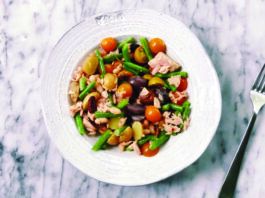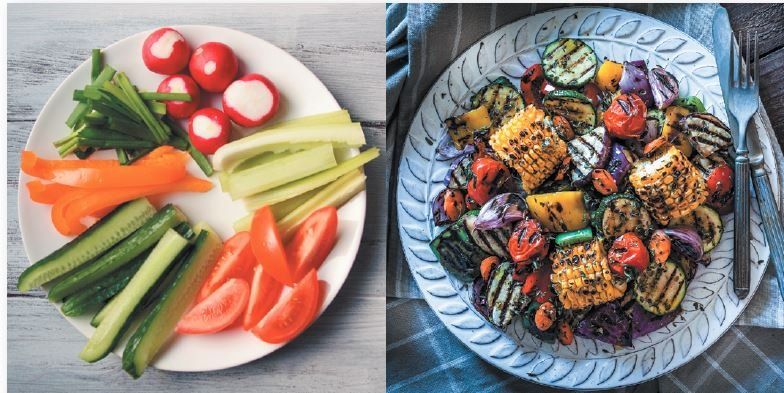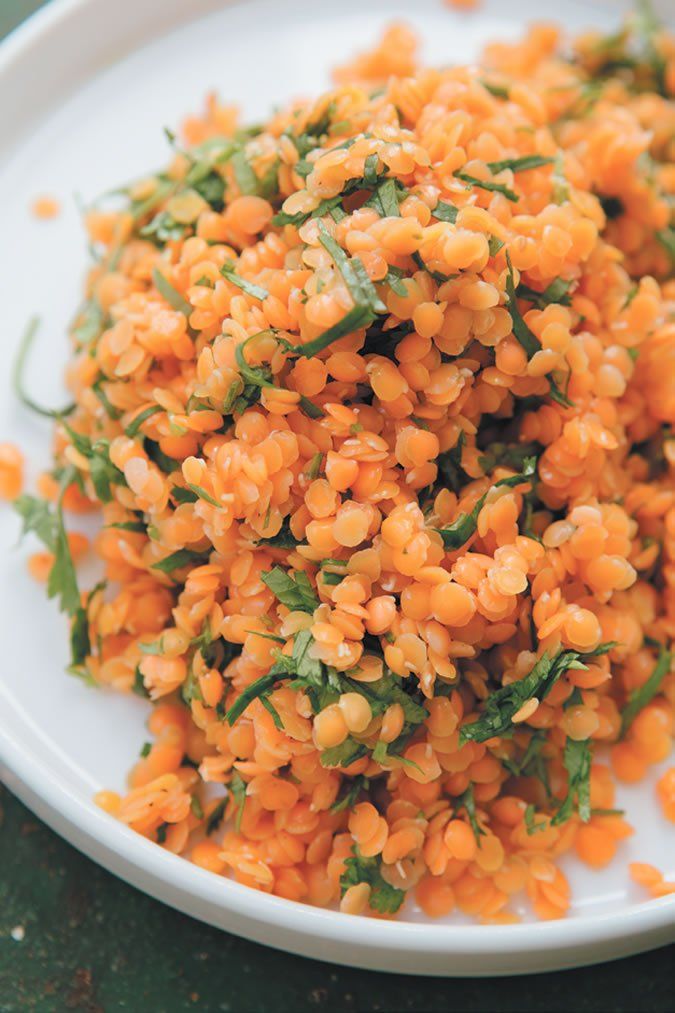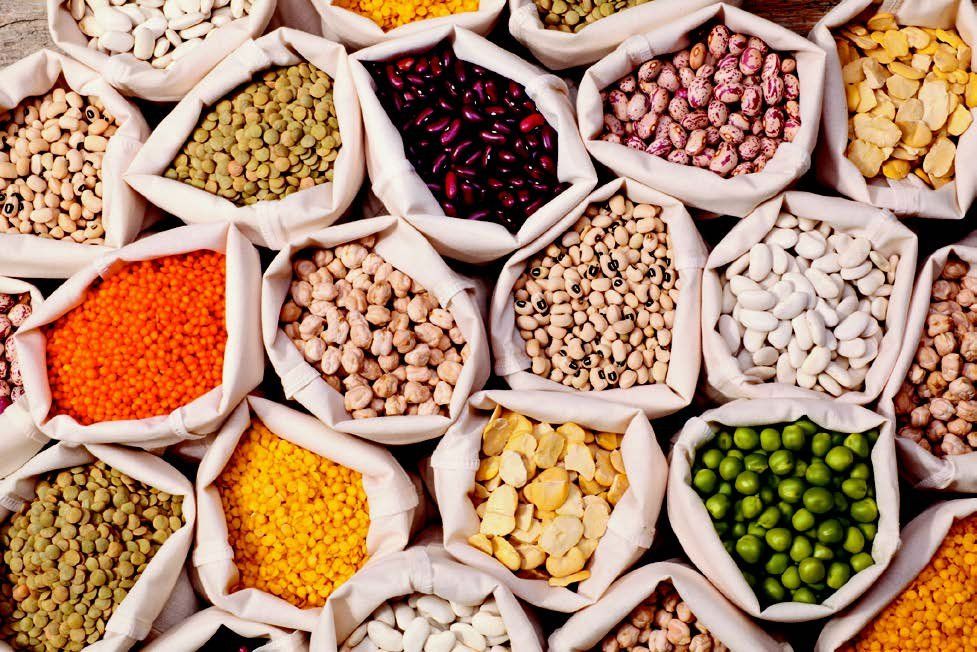Q. I am a vegetarian. Is it necessary for me to eat certain foods...
Q. I am a vegetarian. Is it necessary for me to eat certain foods together in order to ensure I get appropriate protein?
Q. I prefer tea to coffee, and I also eat a lot of fruit...
Q. I prefer tea to coffee, and I also eat a lot of fruit and enjoy some dark chocolate. Does it matter what food I get flavanols from?
Vegetables: to Cook or Not to Cook
Vegetables are an excellent source of vitamins, minerals, phytochemicals, and fiber, and health-conscious consumers naturally want to know how to get the most nutritional impact from these powerful foods. Nutritionally, there are pluses and minuses to cooking vegetables, says Helen Rasmussen, PhD, RD, a senior research dietitian at Tufts Jean Mayer USDA Human Nutrition Research Center on Aging. For example, cooking carrots reduces levels of vitamin C (which plays an important role in maintaining collagen, the glue that holds cells together) but increases availability of beta-carotene, a precursor of vitamin A (which plays an important role in vision, reproduction, bone growth, and regulating the immune system).
Nutrition News: How Do We Know What to Believe?
Nutrition information (and mis-information) is all around us, in books, magazines, talk shows, news stories, or just a tap of the mouse or the touchscreen away. How do we know if the information we are getting is credible? Interpreting research studies can be difficult, even for highly-trained researchers, says Jeanne P. Goldberg, PhD, professor of nutrition communication at the Friedman School of Nutrition Science and Policy. Sometimes news stories or websites simply get it wrong. Sometimes the author may have an agenda of their own, such as the desire to sell more of a particular product. To be more confident in the information youre getting, try following the ABCs: does the information have Authority? Is there Bias? Is it Complete and current?
Mediterranean-style Diet Plus Vitamin D3 for Osteoporosis
The NU-AGE (New Dietary Strategies Addressing the Specific Needs of the Elderly Population for Healthy Aging in Europe) trial, published in the American Journal of Clinical Nutrition examined the effects of a Mediterranean-style diet combined with vitamin D3 supplementation on bone health. In this study, conducted in five European countries, participants were randomized to either follow a Mediterranean-style diet or maintain their current diet for a one-year period.
Healthy Vegan Diet May Promote Weight Loss
Following a vegan diet may promote weight loss and reduce insulin resistance in overweight individuals. A recent 16-week randomized clinical trial, published in the journal Nutrients, examined the role of carbohydrate consumption on body composition and insulin resistance.
Red Lentils with Lime and Cilantro
Red Lentils with Lime and Cilantro recipe.
Processed Meats and Cancer: It’s Not Just Nitrates
According to the World Health Organization (WHO), about 34,000 cancer deaths per year worldwide are attributable to diets high in processed meats. While that number pales in comparison to the one million or so global cancer deaths related to smoking, it is significant enough to warrant a hard look at processed meats in our diets, especially because they are also associated with cardiovascular disease and other health conditions.
Health Benefits of Legumes
Eat more plant foods…increase dietary fiber…choose natural foods over processed…get your nutrients from whole foods, not supplements. For an easy way to follow all of this sound dietary advice at the same time, simply up your intake of foods from the legume family. Legumes, which include beans, lentils, split peas, green peas, and peanuts, are thought to be one of the first cultivated crops and have been consumed by people around the world for over 10,000 years. Unfortunately, legumes are no longer a staple food in most American diets. The Dietary Guidelines for Americans recommend adults consume one to three cups of legumes per week (depending on calorie requirements), but average intake is less than one cup weekly.
How to Address High Obesity Rates
According to the Robert Wood Johnson Foundations 2018 State of Obesity report, obesity among American adults and children remains at an all-time high. According to the most recent national survey data, nearly 40 percent of American adults and 18.5 percent of children ages two to 19 are considered obese.


































